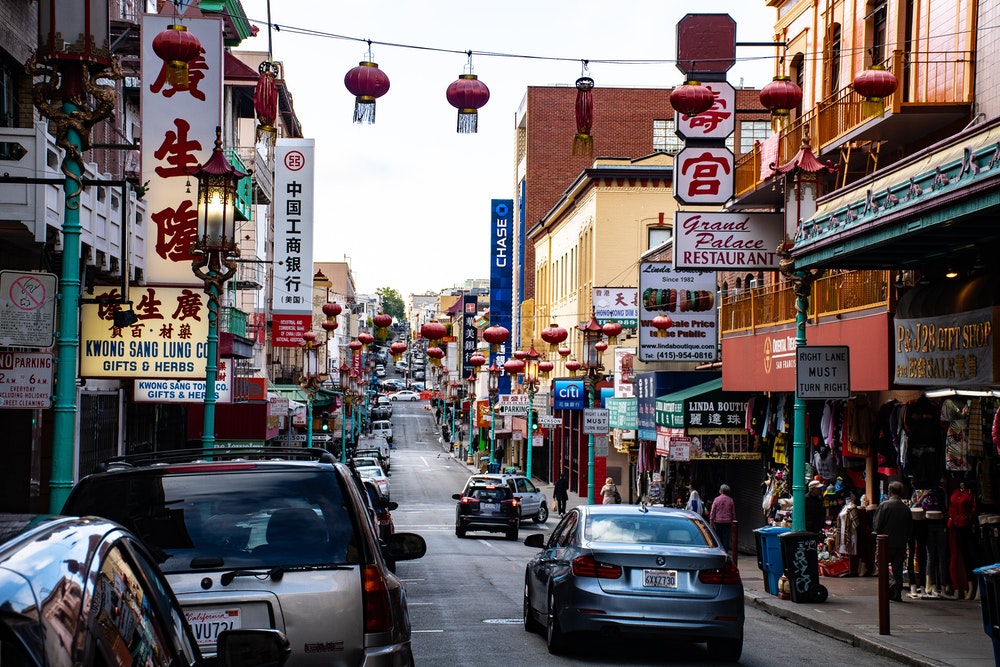Children are at the forefront of the Chinese Communist Party’s (CCP) efforts to grow its national economy, expand its global influence and build the strongest Army.
Last year, U.S. Director of National Intelligence John Ratcliffe revealed in a Wall Street Journal op-ed that there are no ethical boundaries” to China’s pursuit of power and that the CCP has already conducted “human testing” on servicemen in the People’s Liberation Army to create soldiers that have “biologically enhanced capabilities.”
In support of those goals, Beijing recently banned all online gamers under the age of 18 from playing video games during the weekends. The new law allows children to play up to three hours most weekends and builds on a previous law that restricted children to 90 minutes on weekdays and three hours on the weekend.
According to China’s national media watchdog, the National Press and Public Administration (NPPA), the rule was implemented ahead of the new school year with a view to promoting better educational standards and the healthy growth of minors.
The move not only prevents students from being distracted during the week but removes barriers to children going outdoors and keeping fit.
It also coincided with reports that the Chinese government was cracking down on celebrities and the promotion of effeminate men – another move that will likely have a substantial effect on the mental growth of minors and the childhood experience.
It started with the story of billionaire Chinese actress Zhao Wei being blacklisted from the nation’s intranet in August, and her subsequent mysterious disappearance. The celebrity actress-cum-businesswoman was totally erased from history, having been wiped from all online search results, films, short videos, television series, social media platforms and more.
It was followed by an announcement from President Xi Jinping that China would begin a new era of “national rejuvenation.” The South China Morning Post, a Chinese propaganda outlet run by the state, revealed an eight-point legislative plan that will stop “immoral” celebrities from appearing in the public eye, and would “resolutely” put an end to “sissy idols” and “abnormal aesthetics.”
The term “sissy idols” is widely used in China to describe effeminate celebrity males; mostly members of boy bands but sometimes also actors. Broadcasters in China are now required to refrain from promoting “vulgar internet celebrities” and instead promoting “excellent Chinese traditional culture.”
It’s an indication that the CCP remains resolute in its determination to derail the rot of Western indulgence that has gradually appeared as markets were somewhat liberalised in the country – and a sign that the next generation of Chinese citizens and soldiers will be more academic, more patriotic, and if all goes to plan, genetically superior.
Meanwhile, China takes an active interest in promoting a diametrically opposite lifestyle for young people in the West – and social media is its prime vehicle.
A report by cybersecurity firm FireEye published in September revealed how a network of inauthentic pro-People’s Republic of China (PRC) social media accounts moved on from discrediting pro-freedom activists in Hong Kong in 2019 to encouraging violence and left-wing extremism in the United States in 2020.
Authors Lee Foster and Ryan Serabian wrote that the scope of activity in terms of the language and platforms used in posts made by these fake accounts is now “far broader.”
The authors wrote that FireEye has observed pro-PRC activity taking place on more than 20 social media platforms over the last year, as well as more than 40 different websites and niche forums. Notably, the pro-China accounts were also written in Russian, Spanish, Korean, German and Japanese.
According to the cybersecurity experts, the accounts have since “actively sought to physically mobilize protestors in the U.S. in response to the COVID-19 pandemic.”
Not only were the Black Lives Matter and Antifa protests of 2020 visibly populated by more young people, but data shows support for these protests—which the Insurance Information Institute estimated may have caused up to US$2 billion in damage—comes largely from young people. Statista’s Research Department revealed in June 2020 that support for the protests reached 73 per cent among 13-34 year-olds and 69 per cent among 35-44 year-olds. 
FireEye also reported that thousands of identical text posts, images and videos were promoted by inauthentic accounts on social media sites including TikTok—a video sharing platform that became the most downloaded app of 2020 and which has birthed a multitude of young new celebrities who share videos focused on fashion, celebrity culture, LGBTQ politics and more.
TikTok is presently owned by ByteDance, a Chinese company that the United States Department of Justice once described as a “mouthpiece” for the Chinese Communist Party, and which the Department of State admitted has no meaningful ability to say no to the CCP.
If TikTok was a broadcaster in China, it would immediately fall foul of new laws surrounding celebrity “fan” culture and “sissy idols,” indicating that China’s high standards for young people doesn’t span outside of its own borders.
The children of the West are free to consume everything that Beijing considers to be damaging for society and national growth, so long as Chinese companies profit from it. It begs the question whether this is part of a coordinated campaign by the Chinese communists to actively disrupt foreign nations.
Through the advocation of violence among young people via sophisticated online bot armies, to the facilitation of online media consumption that unquestionably discourages academia, the CCP is forging a future where the West is populated by generations of people raised to view the world through radical progressive lenses, while its own people are toughened from birth to study, prepare and fight.
Is it time to cut ourselves off from China?
Jack Buckby is a research associate with the Frontier Centre for Public Policy.
Photo by Brett Sayles from Pexels.



